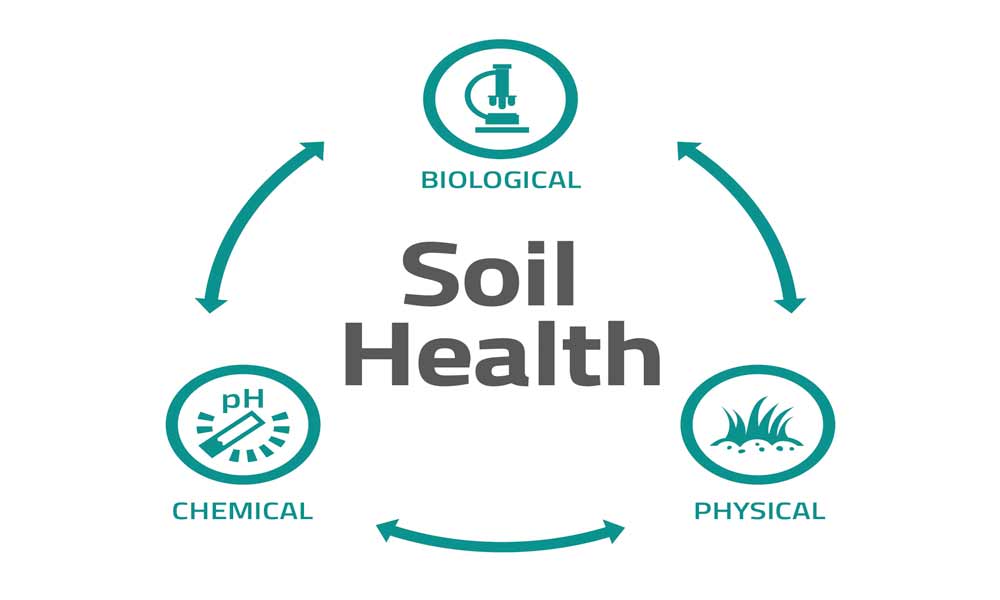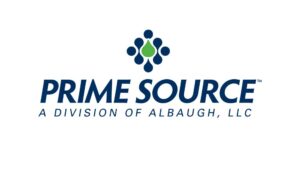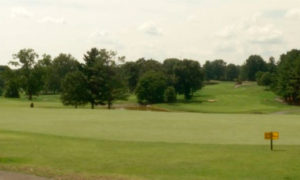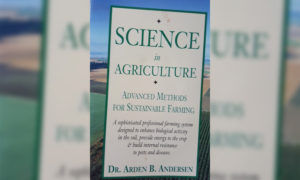You know to water turf grasses at the proper time, and not to water too much or too little. You stay ahead of weeds and constantly watch for pest damage. You’re doing everything possible to have great looking turf. Or are you? This fall, remember soil testing is important, and so is understanding overall soil health.
“You want to make sure everything is working optimally below the grass,” said Kevin Klink, Senior Manager, Laboratory Operations for AgSource Laboratories. “Golf course greens get heavy use and are often stressed. Making sure you have good microbial activity in the soil results in healthier plants.”

Kevin Klink
A soil health test combines the results of traditional soil testing with biological assessments of microbial activity to gauge the quality of a soil. It is estimated that in one gram of healthy soil, which is enough to fit on top of a nickel, there are one billion living organisms, consisting of roughly ten thousand species. Soil health testing can help you know if your microorganisms are hard at work.
Klink explained there three components of soil health: biological, physical and chemical.
Chemical components are what traditional soil tests tell you, and you make adjustments to your fertilizer program based on this information. Standard soil analysis focuses on the chemical characteristics of soil fertility, including nutrient analysis, pH, and base saturation. This information can be used to make adjustments to fertilizer application amounts and frequency.
Physical characteristics of soil include the size and distribution of the mineral particles in combinations of sand, silt and clay. How these soil particles form aggregates (hold together) determines the ability of a soil to absorb and release water and provide aeration for plant roots. Increasing the soil organic matter content by one percent adds one acre inch of available water retention, which can have a huge impact when the weather turns dry and hot, keeping your greens greener.
Biological characteristics of the soil are a function of the size and diversity of the microbiological population. The rate of biological decomposition of plant residue and organic material influences the chemical and physical properties of the soil.
The complete soil analysis doesn’t just tell you the chemical makeup of your soil, it looks at overall soil health including the physical characteristics and the active microorganisms in the soil, carbon to nitrogen ratio, soil respiration rates and the water solubility of various nutrients needed for healthy plants. Klink explained a soil health analysis looks at all these components and translates it into an easy to understand soil health score.
Microorganisms have many functions in the soil, including breaking down grass clipping sooner to avoid the creation of a thatch layer. They also help water and nutrients move throughout the soil depth and increase water retention.
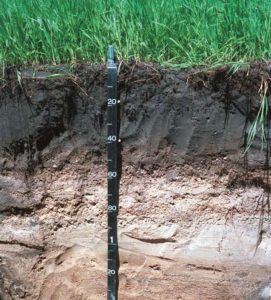
Soil Profile
If the soil health is not good, something as easy as adding decomposable organic material can make a big difference. Other things that may help include increasing aeration of the soil, adding commercial biologicals to increase soil biodiversity or adjusting the carbon to nitrogen ratio to make the soil friendlier to microorganisms, said Klink.
“Good soil health equals healthy turf,” he said. Klink recommended adding a soil health test to your regular annual testing, whether it is in the spring or fall. ““You are already spending the time and money for soil testing, it just makes sense to take a closer look at the health of your soil as well,” said Klink.
For more information, visit www.agsourcelaboratories.com.
AgSource is a leader in agricultural and environmental laboratory testing and information management services. From six locations, AgSource Laboratories provides trusted analysis and measureable results to clients in the United States and across the globe.

